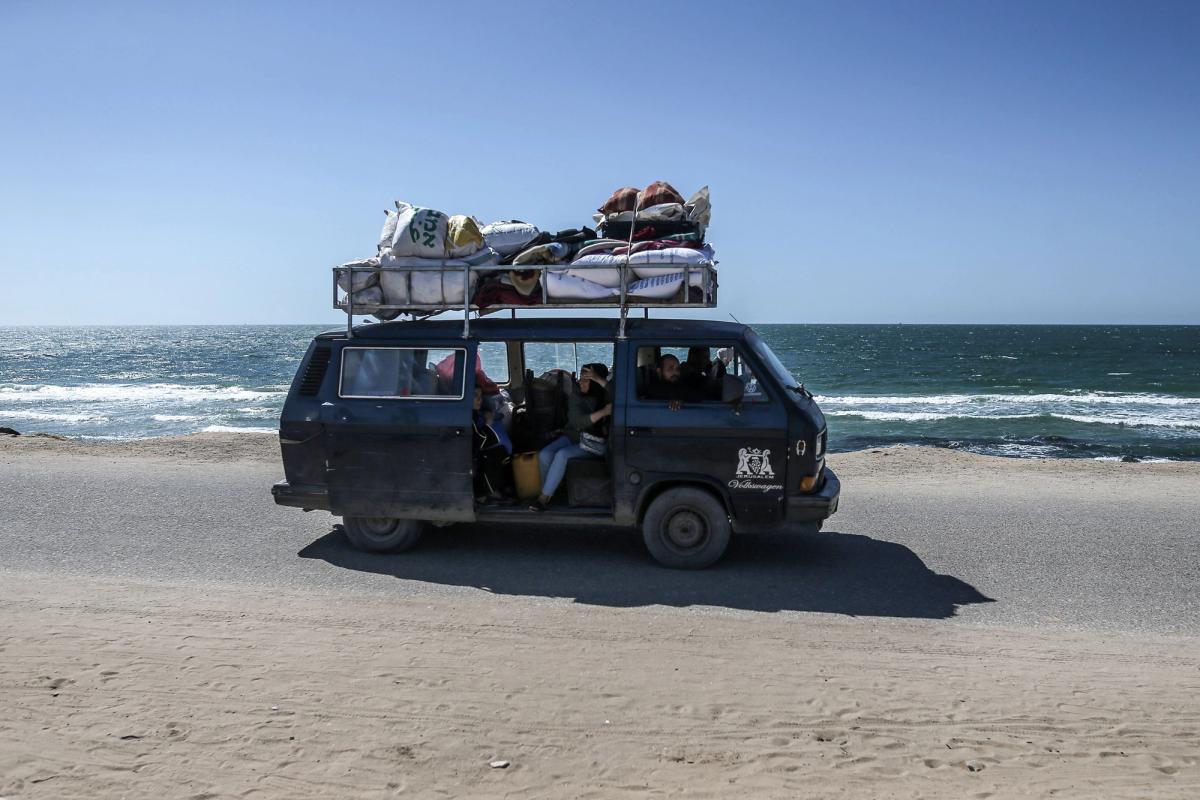None
The Arab Spring refers to a wave of protests and uprisings that swept across the Middle East and North Africa in 2010-2011, leading to regime change in several countries. The protests were initially sparked by a food price riot in Tunisia, which quickly spread to other countries in the region. The Arab Spring was characterized by mass demonstrations, civil unrest, and armed resistance against authoritarian governments.The protests began in Tunisia in December 2010, when a street vendor set himself on fire to protest harassment by the police. This act of desperation sparked widespread outrage and demonstrations against the government, leading to the resignation of President Zine El Abidine Ben Ali in January 2011. The success of the Tunisian revolution inspired protests in other countries in the region.In Egypt, mass demonstrations led by the Muslim Brotherhood forced President Hosni Mubarak to step down in February 2011. In Libya, a bloody civil war broke out in February 2011, leading to the overthrow and killing of longtime leader Muammar Gaddafi. In Bahrain, protests led by the Shia majority against the Sunni-led government were brutally suppressed, resulting in the deaths of dozens of protesters.The Arab Spring also had a significant impact on Syria, where protests began in March 2011 against President Bashar Al-Assad's regime. The government responded with force, leading to a devastating civil war that has killed hundreds of thousands of people and displaced millions. In Yemen, protests broke out in January 2011 against the government of Ali Abdullah Saleh, leading to his resignation in November 2011.The Arab Spring was not limited to countries in the Middle East and North Africa. In Turkey, protests began in May 2013 against the government of Prime Minister Recep Tayyip Erdogan, leading to a crackdown on dissent and the suppression of civil liberties. In Sudan, protests broke out in December 2018 against the government of President Omar Al-Bashir, leading to his ouster in April 2019.The Arab Spring was not a single event but rather a series of movements that unfolded across the region over several years. It was driven by a variety of factors, including economic inequality, political repression, and social marginalization. The revolutions were also shaped by local contexts and factors, such as the role of Islamist groups or the legacy of colonialism.The Arab Spring had significant regional and global implications. It marked a shift away from authoritarianism and towards democratization in several countries, raising hopes for greater political participation and human rights. However, the revolutions also led to instability and conflict in some countries, including Libya and Syria. The region remains divided between pro-democracy and pro-authoritarian camps, with ongoing struggles over power and influence.The Arab Spring was a complex and multifaceted phenomenon that continues to shape the Middle East and North Africa today. Its impact will likely be felt for generations to come, as countries in the region continue their transitions towards democracy and stability.



